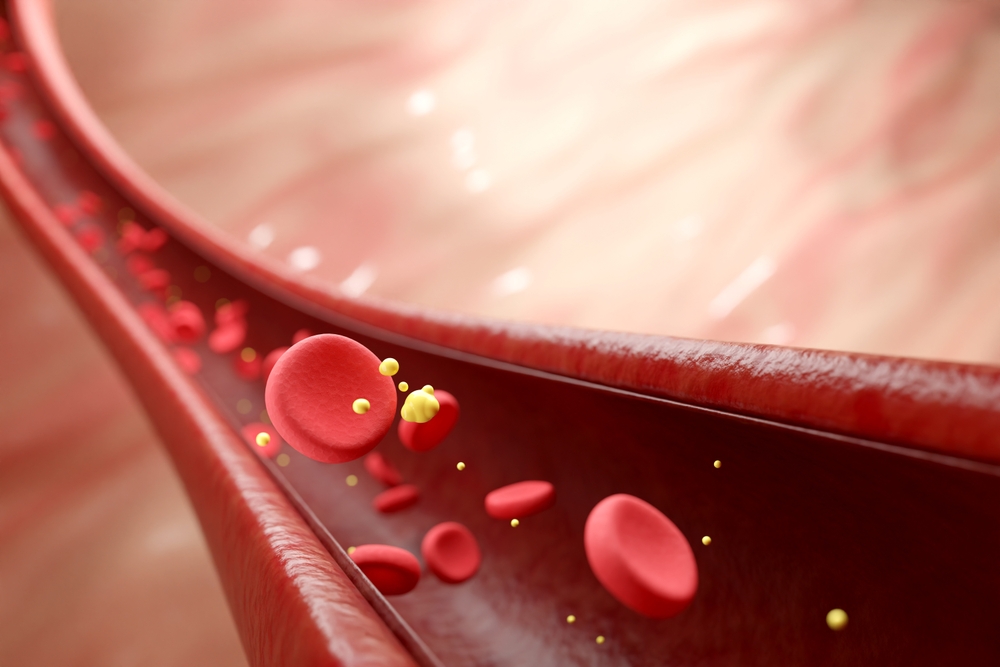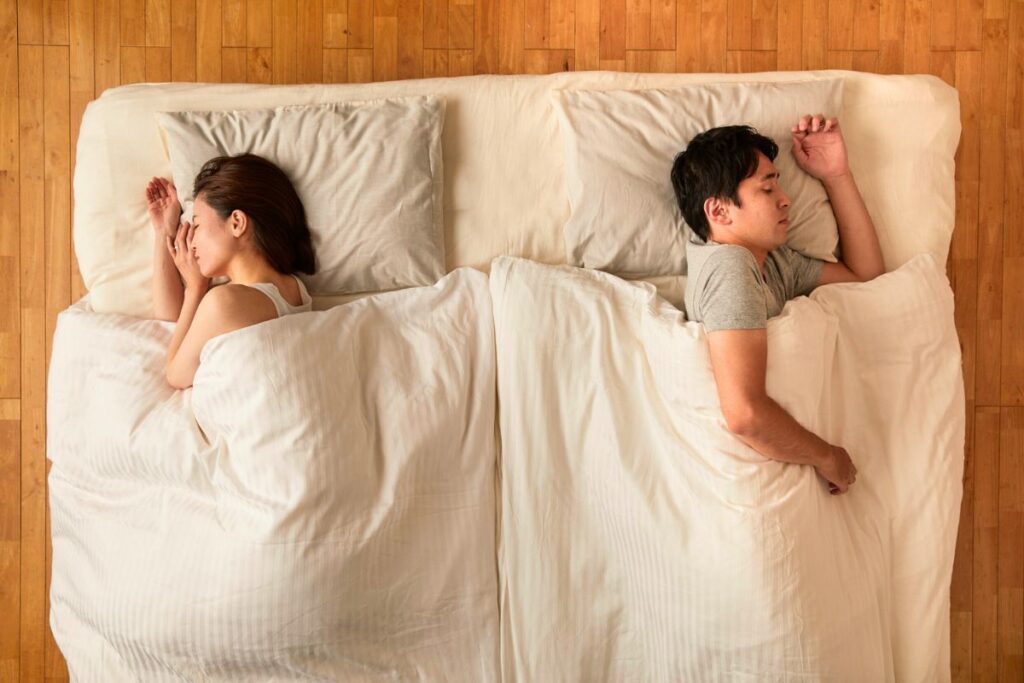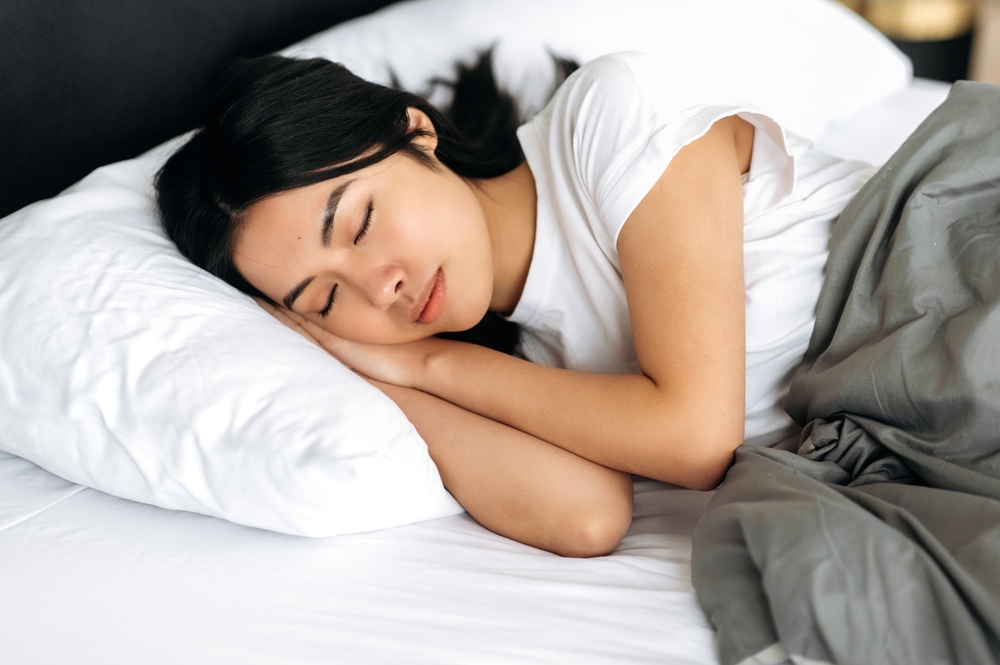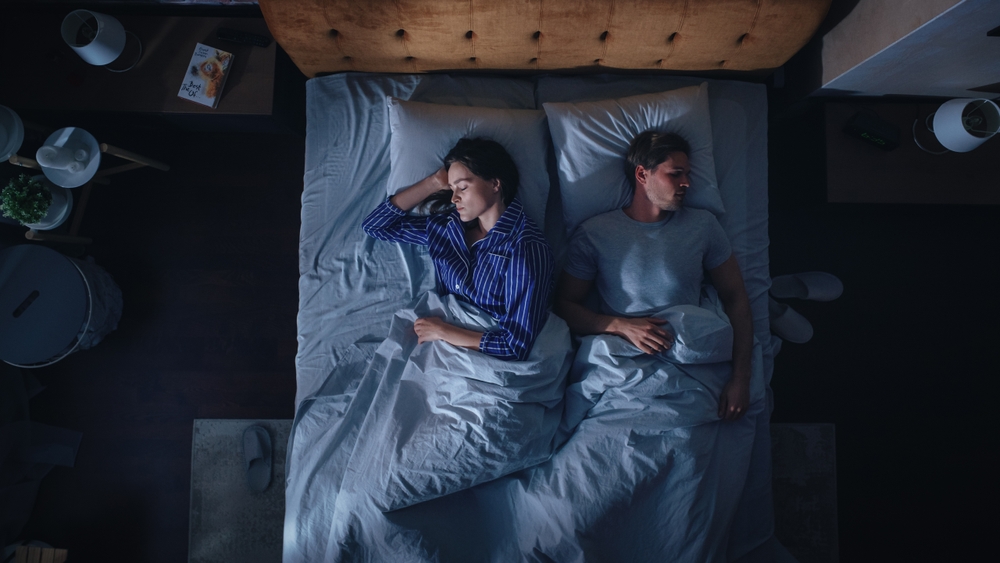Extra Sleep on the Weekend Can Prevent Heart Attacks and Reduces Heart Disease Risk by 20% – Here’s How

Sunday morning. Your alarm stays silent. Sunlight creeps through curtains at 10 AM instead of 6. You pull covers higher, sink deeper into pillows, and ignore the world for two more blessed hours.
Guilt whispers: lazy, unproductive, wasting the day. Society judges: successful people wake at 5 AM every day. Your fitness tracker scolds: inconsistent sleep schedule detected.
But what if those stolen weekend hours were actually saving your life?
What if sleeping until noon on Saturday was as good for your heart as that morning jog you skipped?
A groundbreaking study from China’s State Key Laboratory of Infectious Disease just vindicated every weekend sleeper. Researchers tracked 90,000 people for 14 years. They discovered something that challenges everything we’ve been told about sleep schedules.
Your weekend sleep-ins aren’t just harmless indulgences. They’re medicine. Powerful medicine that could slash your heart disease risk by one-fifth.
But here’s what nobody tells you: not all catch-up sleep works. Some weekend sleep patterns heal. Others hurt. And most people get it completely wrong.
Your Heart Keeps Score of Every Lost Hour

Sleep debt accumulates like unpaid bills. Miss an hour Monday. Skip two Tuesday. By Friday, your cardiovascular system is drowning in biological interest payments.
Your body treats sleep loss as an emergency. Stress hormones flood your bloodstream. Blood pressure climbs. Inflammation spreads. Insulin stops working properly. Arteries begin collecting plaque like dust on forgotten shelves.
Seven hours marks the danger zone. Drop below it regularly, and your heart starts keeping a grim tally. Each lost hour increases your risk of heart attack, stroke, and death. One in three adults lives permanently in this red zone, accumulating cardiovascular damage night after night.
Your heart never forgets a sleep debt. Every shortened night leaves microscopic scars on blood vessels. Every early alarm triggers inflammatory responses that linger for days. Every late-night Netflix binge adds another entry to your cardiovascular criminal record.
But bodies are remarkably forgiving. Given the chance, they’ll repair, rebuild, and recover. Weekend sleep offers that chance.
Weekend Warriors Had It Right All Along
Researchers divided 90,000 UK Biobank participants into four groups based on their weekend sleep recovery patterns. Group one barely caught up. Group four maximized their weekend recovery sleep.
Fourteen years later, the results stunned even the researchers. Dr. Rigved Tadwalkar, a cardiologist at Providence Saint John’s Health Center, admitted: “I was surprised that ‘catching up’ on sleep could be so helpful.”
Group four, the maximum compensators, showed 19% lower heart disease risk than group one. Among the chronically sleep-deprived, the protection jumped to 20%. No gender differences appeared. Men and women benefited equally from strategic weekend recovery.
Study co-author Yanjun Song confirmed: “Sufficient compensatory sleep is linked to a lower risk of heart disease.” More importantly, Song noted: “The association becomes even more pronounced among individuals who regularly experience inadequate sleep on weekdays.”
Sleep scientists expected some benefit. Nobody predicted this magnitude. Weekend sleep wasn’t just helping; it was providing pharmaceutical-grade cardiovascular protection.
What Happens in Your Body During Those Extra Sunday Hours

Saturday morning, 9 AM. You’re still sleeping. Inside your body, a repair crew works overtime.
Cortisol levels finally drop to baseline. Your fight-or-flight system, activated all week, powers down. Stress hormones that were attacking your arteries retreat. Your cardiovascular system exhales for the first time since Monday.
Blood pressure decreases with each extra hour. Heart rate slows. Blood vessels relax and widen. Circulation improves. Oxygen reaches tissues that have been gasping all week.
Your immune system launches cleanup operations. White blood cells hunt down inflammation markers. Repair proteins flood damaged blood vessel walls. Cellular debris gets cleared from arteries. Plaque formation slows or reverses.
Insulin sensitivity rebounds. Cells that ignored insulin all week suddenly respond again. Blood sugar stabilizes. Diabetes risk drops. Metabolic syndrome retreats.
Your circadian rhythm, fractured by irregular weekday sleep, begins resynchronizing. Hormone production normalizes. Melatonin and cortisol find their proper schedules. Your biological clock stops sending panic signals.
Brain cells flush out toxins accumulated during sleep-deprived nights. Neural pathways that regulate blood pressure recalibrate. Stress-processing centers calm down. Your nervous system stops attacking your cardiovascular system.
Not All Catch-Up Sleep Works the Same Way
Afternoon naps feel restorative but can’t replace nighttime sleep. Your body runs different programs during extended nighttime rest than during daytime dozing. Deep sleep stages that repair cardiovascular damage only happen during long, uninterrupted nighttime sessions.
Quality trumps quantity every time. Eight hours of fragmented, poor-quality sleep provides less cardiovascular protection than six hours of deep, uninterrupted rest. Your bedroom environment, pre-sleep routine, and sleep consistency determine whether those weekend hours actually help your heart.
Timing matters enormously. Sleeping from 3 AM to noon provides different benefits than sleeping from 10 PM to 7 AM. Your body’s repair processes sync with circadian rhythms. Fighting your natural sleep timing reduces recovery benefits.
Sleep banking has limits. You can’t sleep 14 hours Saturday and Sunday to compensate for a month of four-hour nights. Extreme sleep deprivation causes permanent damage that weekend recovery can’t completely reverse. Compensation works best for moderate, short-term sleep loss.
Your Kitchen Might Be Sabotaging Your Sleep Recovery

Late-night snacking destroys sleep architecture. Heavy meals within three hours of bedtime prevent deep sleep stages where cardiovascular repair happens. Alcohol might make you drowsy but fragments sleep, eliminating recovery benefits.
Caffeine lingers in your system for eight hours. That 3 PM coffee still affects your midnight cardiovascular repair processes. Energy drinks create double damage: disrupting sleep while stressing your heart.
Magnesium deficiency prevents quality sleep. Leafy greens, nuts, and seeds provide bioavailable magnesium that supplements can’t match. Your body absorbs and uses food-based minerals differently than isolated supplements.
Dehydration fragments sleep and prevents cardiovascular recovery. But drinking too much before bed disrupts sleep with bathroom trips. Balance hydration throughout the day, tapering off two hours before sleep.
Certain foods enhance sleep quality and cardiovascular recovery. Tart cherries contain natural melatonin. Walnuts provide sleep-promoting compounds. Fatty fish offers omega-3s that reduce inflammation during sleep.
Making Weekend Recovery Sleep Actually Happen
Friday night determines Saturday morning success. Start winding down earlier Friday evening. Dim lights by 9 PM. Put devices away by 10. Create a buffer zone between your work week and recovery sleep.
Protect Saturday mornings fiercely. Say no to early weekend commitments. Schedule activities for afternoon. Train family and friends to respect your sleep recovery time. Your heart health outweighs social obligations.
Create a sleep sanctuary. Blackout curtains prevent early morning wake-ups. White noise masks neighborhood sounds. Cool temperatures promote deeper sleep. Comfortable bedding encourages longer sleep sessions.
Sunday night poses unique challenges. Anxiety about Monday disrupts Sunday recovery sleep. Combat this by preparing for Monday on Friday. Sunday night becomes pure recovery time when Monday morning isn’t looming with unfinished tasks.
Gradually adjust your weekend sleep schedule. Dramatic shifts confuse your circadian rhythm. Add 30 minutes each weekend until you find your optimal recovery amount. Most people need 1-2 extra hours, not 4-5.
When Sleeping In Isn’t Enough

Some people can’t sleep in due to kids, work, or anxiety. Alternative strategies provide cardiovascular protection when weekend sleep isn’t possible.
Exercise timing affects cardiovascular recovery. Morning workouts energize but evening exercise (finished three hours before bed) promotes deeper sleep. Gentle yoga before bed activates parasympathetic nervous system recovery.
Stress management multiplies sleep benefits. Meditation for 10 minutes daily reduces cortisol more than two extra hours of poor-quality sleep. Deep breathing exercises before bed enhance cardiovascular recovery during whatever sleep you get.
Monitor your blood pressure weekly. Numbers tell you whether your recovery strategies work. Consistent readings above 120/80 mean you need more aggressive sleep and lifestyle interventions.
Shift workers and new parents need creative solutions. Twenty-minute power naps provide some cardiovascular protection. Sleep masks and earplugs during irregular sleep times improve quality. Recovery happens whenever you can grab it.
Red Flags You’re Pushing Too Hard

Certain symptoms signal dangerous sleep deprivation levels where weekend recovery isn’t enough. Chest pain, irregular heartbeat, or shortness of breath require immediate medical attention, not just extra sleep.
Falling asleep instantly (under 5 minutes) indicates severe sleep deprivation. Healthy sleep onset takes 10-20 minutes. Instant sleep means your body is desperately exhausted.
Microsleeps during daily activities signal extreme cardiovascular risk. Briefly dozing while driving, in meetings, or during conversations means your sleep debt threatens your life.
Weekend sleep stops helping when deprivation becomes chronic and extreme. After months of severe sleep loss, bodies lose the ability to recover efficiently. Professional medical intervention becomes necessary.
Your Permission Slip to Sleep
Science just handed you a guilt-free pass to sleep in this weekend. Those extra Saturday morning hours aren’t lazy. They’re therapeutic. Your Sunday sleep-in isn’t self-indulgent. It’s self-preservation.
Twenty percent reduction in heart disease risk from weekend sleep matches the protection from some medications. No prescription needed. No side effects. No copays. Just pillow time.
Start this weekend. Set no Saturday alarm. Darken your room. Silence your phone. Let your body take what it needs. Your heart will thank you with every extra beat it gets to skip while you rest.
Sleep debt is real debt. Weekend sleep is real medicine. And that Sunday morning sleep-in? It might just save your life.
Loading...

